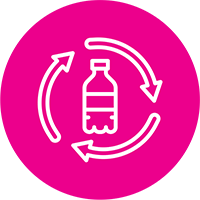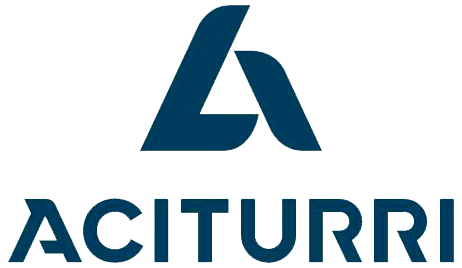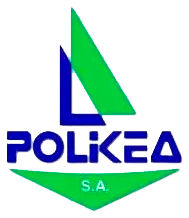C-RECYCLING II
CARBON FIBRE WASTE IN HIGH VALUE-ADDED PRODUCTS
MOST OF THE SO-CALLED PREPREGS AND CARBON FIBRE PARTS end up mainly in landfills at the end of their life cycle, at a cost of €200 per tonne. This material, discarded by aeronautical companies, has a high residual value which can be used in sectors with lower safety requirements, where the use of carbon fibre differentiates a product from the rest due to its higher quality.
GAIKER Technology Centre is leading C-RECYCLING II, with the collaboration of the leading composites company POLIKEA, the aeronautical company ACITURRI, the music case manufacturer LUMASUITE, the industrial installation manufacturer FAGOR ARRASATE, and the specialists in innovation of machinery and industrial manufacturing processes, KONIKER.
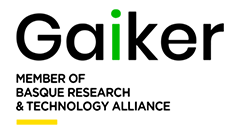
DRIVING FACTOR
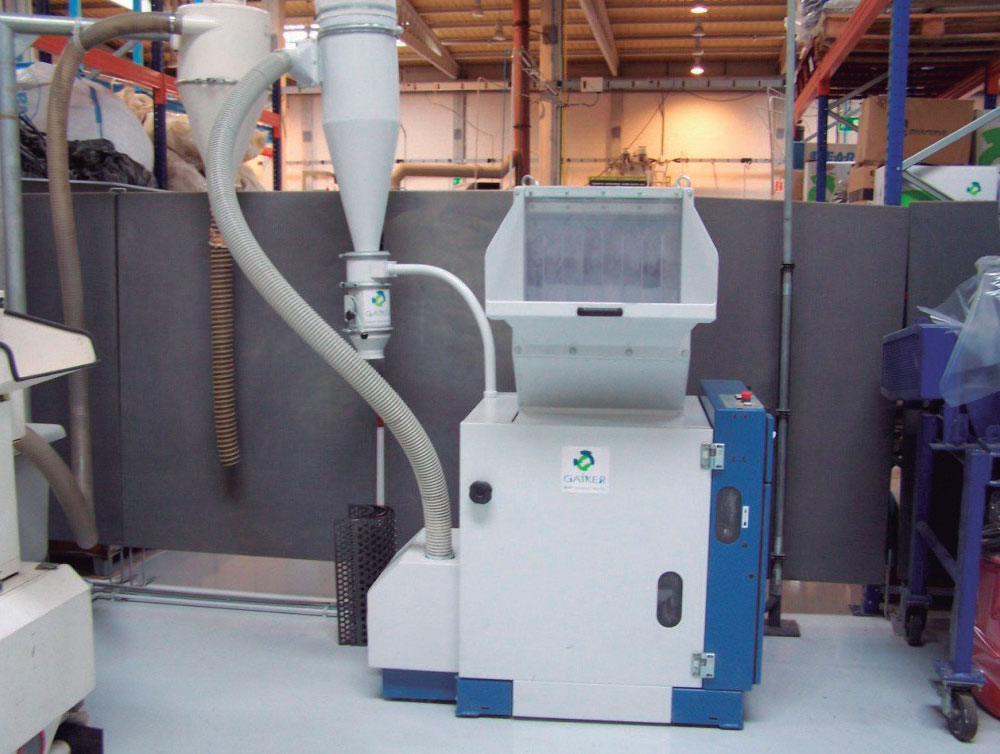
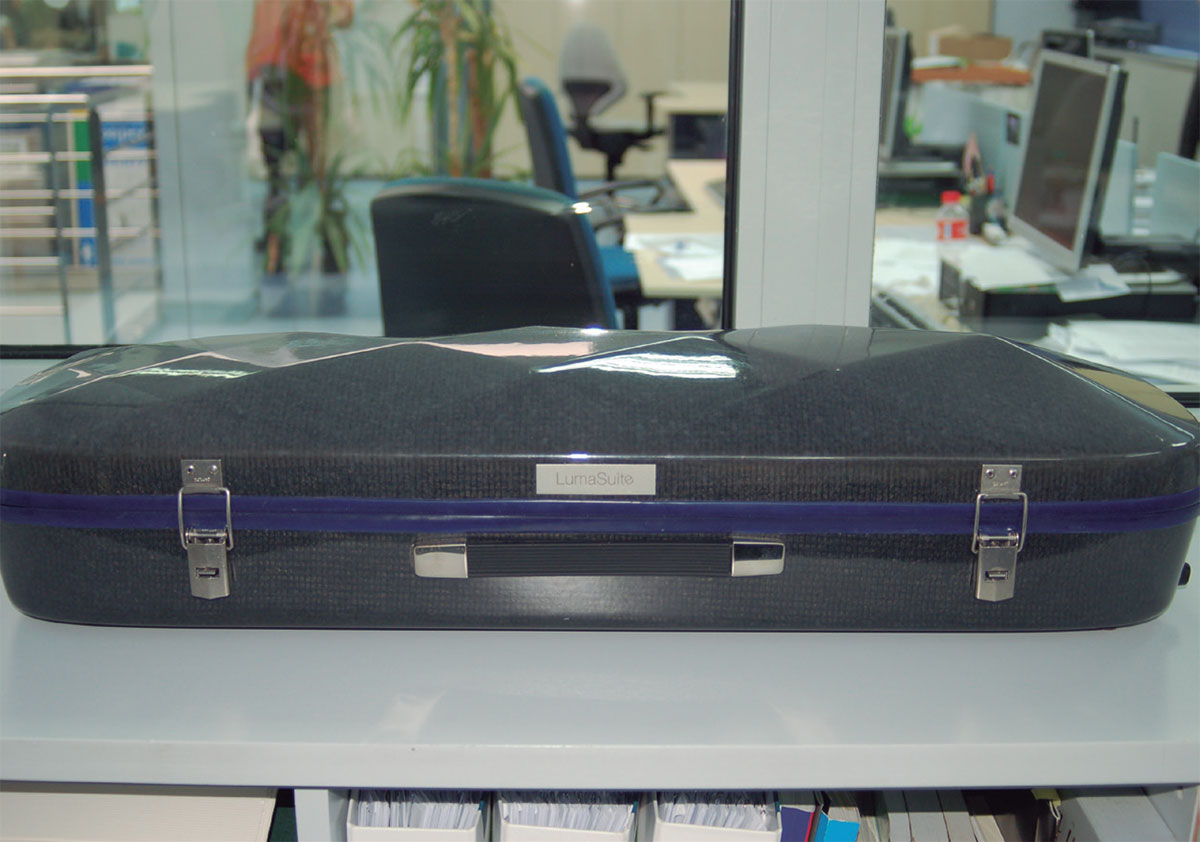
 OBJECTIVES
OBJECTIVES
- Design and develop a process for industrialisation and marketing in the short-medium term of new high-value intermediate and end products based on recycled carbon composites.
- Boost the recycled carbon fibre industry in the Basque Country.
- Develop solutions that utilise both resin and carbon fibre and avoid the pyrolysis process, which only recovers carbon fibre.
 RESULTS
RESULTS
- Definition of a pre-treatment methodology for offcuts and development of a technology to produce intermediate products that will serve as raw material to manufacture automotive, railway and other components (with formulations containing up to 90% recycled carbon fibre prepregs).
- Definition of compression process variables in a hydraulic press to obtain four end prototypes for the railway sector (sandwich panels), the automotive sector and violin cases.
- Reduced environmental impacts of the manufacture of all the demonstrator products of the C-RECYCING II project thanks to the use of waste prepregs offcuts to replace carbon fibre or virgin glass fibre in composite formulations, as per LCA environmental assessment.
 CONCLUSIONS
CONCLUSIONS
- The scarcity of end-use applications in this sector for recycled carbon-based prepregs has become apparent. In C-RECYCLING II, an open day for potential consumer SMEs, organised with HEGAN (Basque Aerospace Cluster), was held. However, a market penetration difficulty was observed.
- Although the cost of recycled carbon prepregs is 57% lower than that of commercial prepregs, the cost of a violin case made from recycled carbon is approximately €6 higher than those made from fibreglass; nevertheless, given the high commercial price of this type of product, the profit margin is still significant.
- C-RECYCLING II has launched initiatives in new projects with different trailblazing companies in the sectors involved and a patent has been made to protect the project results.
ENVIRONMENTAL
TECHNICAL
ECONOMIC
COMMERCIAL
ON THE MARKET

